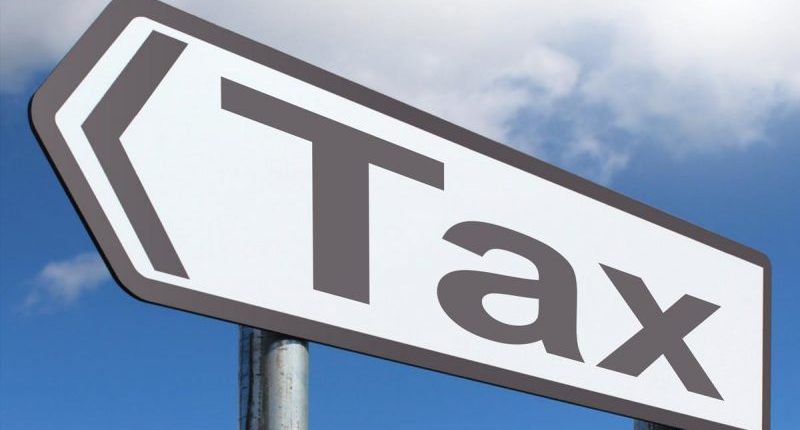According to the recent amendments made to the Vivaad Se Vishwas scheme, taxpayers availing for such scheme will have to pay only half of the disputed amount in the cases where the income tax department has filed an appeal. This amendment bill was cleared by the Cabinet recently.
The scheme which was introduced in the Budget 2020 to close pending disputes of around Rs 9.32 lakh crore in more than 4.8 lakh cases; has segregated the terms of payment on the basis appeals filed by the income tax department or the taxpayer now.
In case of the appeals made by the taxpayers, full payment of disputed tax amount has to be made before the 31st of March 2020 and 25% more for the cases of search. Penalties and interest will be waived off in such cases. Also, if the dispute is on the penalty, interest or late fee, then only 25% of the amount will have to be paid and rest will be waived by the government.
Beyond the 31st of March 2020, the taxpayers will have to pay 10% more on the disputed tax amount and 35% more in the search cases. Similarly, in the case where penalty, interest or late fee is a matter of dispute, 30% of the amount will have to be paid.
Also Read: Opting for new income tax regime? Continue investing in these financial products
In the case of the appeals made by the income tax department, half of the disputed amount will have to be paid and 12.5% over and above in the search cases before the 31st of March 2020. In this situation also, penalty and interest will be waived. Only 12.5% of the amount is required to be paid where penalty, interest or late fee is the matter of dispute and the rest of the amount will be waived.
After the specified date, the taxpayer will have to pay 55% of the full disputed tax amount and 12.5% extra in the search cases. An amount equal to 15% of the amount will have to be paid where penalty, interest or late fee is the matter of dispute.
Another key amendment provided that the taxpayers can get refunds if the amount in the settlement scheme is less than the amount already paid before availing the scheme. This scheme clarifies the cases too where tax officer has reduced the returned loss, by making the addition of income or by disallowing certain expenses.
Last week, the Cabinet had made changes to the scheme, including pending litigation in debt recovery tribunals (DRTs) and search and seizure disputes where recovery is below Rs 5 crore. The Rs 5-crore cap for search cases will be determined year-wise, the amendment stated, meaning that a taxpayer can make use the settlement option for the years in which the tax disputed does not exceed Rs 5 crore.
For any clarifications/feedback on the topic, please contact the writer at komal.chawla@cleartax.in
I am an aspiring Chartered Accountant. I spend most of my free time dredging through the various Indian finance subreddits. I am a semi-professional bowler with a high strike rate every time there is a new tax reform!





